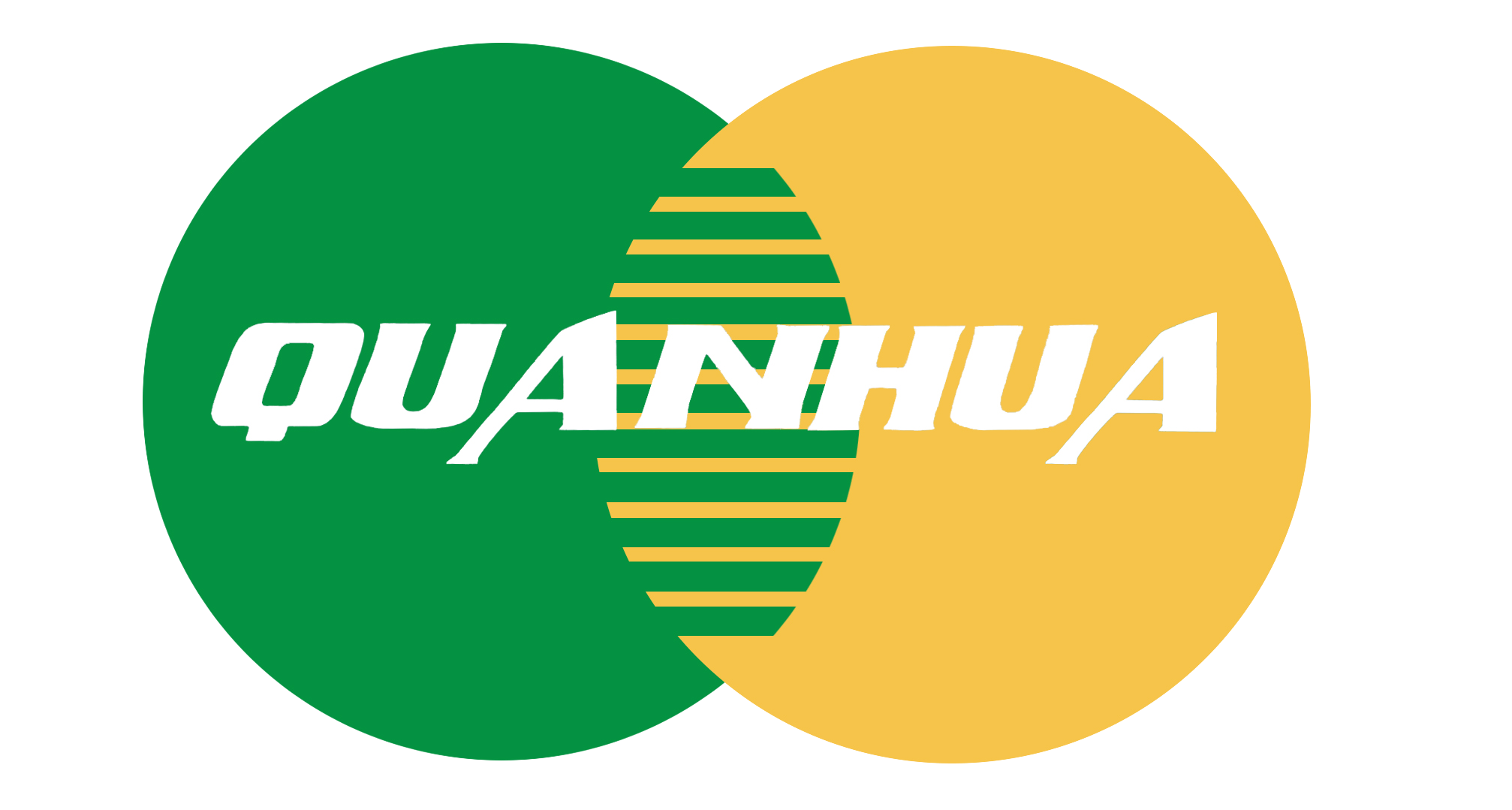Best Biodegradable Spoons and Forks: Elevate Your Dining with Eco-Friendly Choices
The Environmental Impact of Plastic Spoons and Forks
Plastic spoons and forks, often used for casual dining and gatherings, have a detrimental impact on the environment:
Landfill Waste: Plastic cutlery ends up in landfills, occupying valuable space and taking hundreds of years to decompose.
Marine Pollution: Plastic cutlery enters waterways, harming marine life and disrupting ecosystems.
Microplastics: Plastic cutlery degrades into microplastics, contaminating the food chain and posing health risks.
Benefits of Biodegradable Spoons and Forks
Switching to biodegradable spoons and forks offers a range of environmental and practical benefits:
Reduced Environmental Impact: Biodegradable spoons and forks are made from materials that break down naturally over time, significantly reducing their environmental footprint compared to plastic cutlery.
Compostability: Many types of biodegradable spoons and forks can be composted in industrial composting facilities, turning them into nutrient-rich soil amendment.
Renewable Resources: Biodegradable spoons and forks are often made from plant-based materials like bamboo, wood, or sugarcane bagasse, reducing reliance on fossil fuels.
Healthier Alternatives: Some biodegradable spoon and fork options, like stainless steel or bamboo, are considered safer than plastic cutlery, which may leach harmful chemicals into food.
Aesthetics and Durability: Biodegradable spoon and fork sets are often stylish and durable, offering a pleasant dining experience.
Types of Biodegradable Spoons and Forks
The world of biodegradable spoons and forks offers a variety of options to suit different needs and preferences:
Bamboo Spoons and Forks: Bamboo cutlery is a popular choice due to its durability, natural appearance, and sustainability. It is often lightweight and splinter-resistant.
Wooden Spoons and Forks: Wooden cutlery offers a rustic aesthetic and good strength. It is often compostable and biodegradable.
Sugarcane Bagasse Spoons and Forks: Sugarcane bagasse is a byproduct of sugar production, making it a sustainable source for disposable cutlery. It is lightweight, durable, and often compostable.
Stainless Steel Spoons and Forks: Stainless steel cutlery is a durable and reusable option that can last for years. It is also easy to clean and sanitize.
Paper Spoons and Forks: Paper cutlery is a cost-effective option for casual use. It is lightweight and recyclable in some areas.
Choosing the Right Biodegradable Spoons and Forks for Your Needs
When selecting biodegradable spoons and forks for your needs, consider the following factors:
Material: Choose a material that suits your preferences, such as bamboo for durability or sugarcane bagasse for affordability.
Compostability: If you have access to composting facilities, opt for compostable spoons and forks to further reduce waste.
Durability: Select spoons and forks that are strong enough to handle your intended use, considering the type of food and the number of meals you'll be using them for.
Aesthetics: Choose a style that complements your personal taste and dining setting.
Cost-Effectiveness: Compare prices from different retailers to find the best value for your money.
Where to Use Biodegradable Spoons and Forks
Biodegradable spoons and forks can be used in various settings:
Everyday Dining: Replace plastic spoons and forks with biodegradable alternatives for your daily meals and snacks.
Outdoor Activities: Enjoy eco-conscious picnics and outdoor meals with biodegradable cutlery.
Events and Parties: Make a sustainable choice by using biodegradable spoons and forks for your next event, such as parties, weddings, and corporate gatherings.
Food Service: Restaurants, cafes, and food trucks can switch to biodegradable cutlery for takeout orders, outdoor dining, and special events.

